Feature: Graphic design
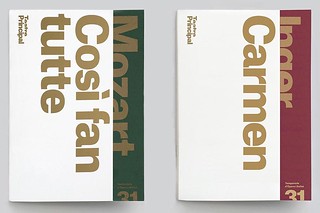
Reputations: Atlas, Astrid Stavro and Pablo Martín
‘You have to be the orchestra conductor, taking control of all these elements and making them magically come together’

Exposing the menace
David King’s posters integrated type and image with power and uncompromising political commitment. By Rick Poynor
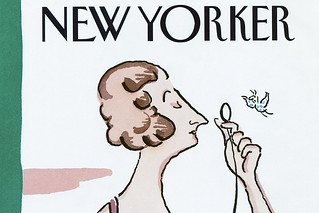
R. O.’s New Yorkers
Blechman celebrated the city’s high days and holidays with wit and concision
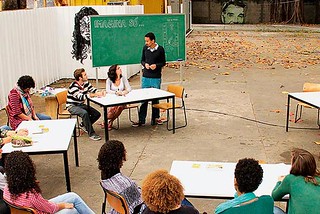
Smoke signals from Brazil
Staff and students are fighting for the survival of Rio de Janeiro’s historic school of design. ESDI’s Zoy Anastassakis and Marcos Martins explain why
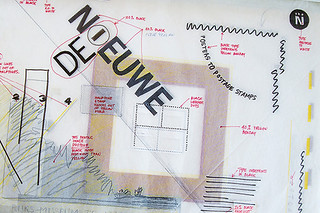
We Made This: Technical challenge
Sarah Snaith talks to Briar Levit, director of a new film on the history of graphic design
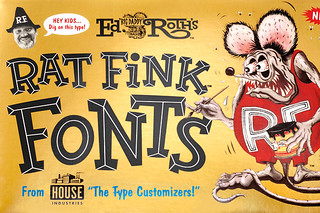
A house that type built
Type foundry House Industries – the subject of a hefty new monograph and a retrospective exhibition near Detroit – champions the joyful vulgarity of United States graphic arts. Jason Godfrey and Dan Adams pay tribute
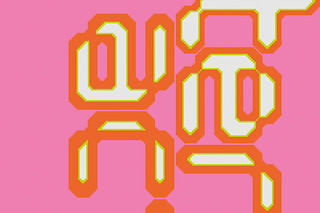
Pleasure in the process
Paul McNeil and Hamish Muir are graphic designers who construct typefaces through mathematics, systems and experimentation, pushing hard at the boundaries of alphabetic form
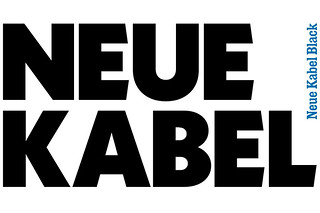
Expressive geometry
Kabel, Rudolf Koch’s eccentric, geometric 1920s typeface, has been revived as a 21st century type family by Marc Schütz. By Madeleine Morley, with extracts from Gerald Cinamon’s book about Koch
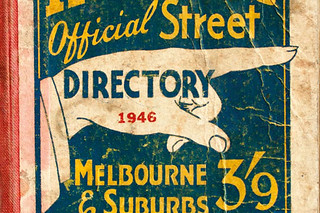
Brand in the hand
In Melbourne, more than a century ago, a ‘printer’s fist’ inadvertently became one of the earliest corporate identities
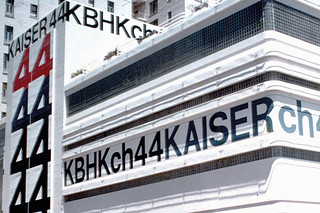
Advice from a mentor you may never meet
The ethos behind the Hall of Femmes series is to pass down stories, advice and experiences to a new generation of female art directors and designers
